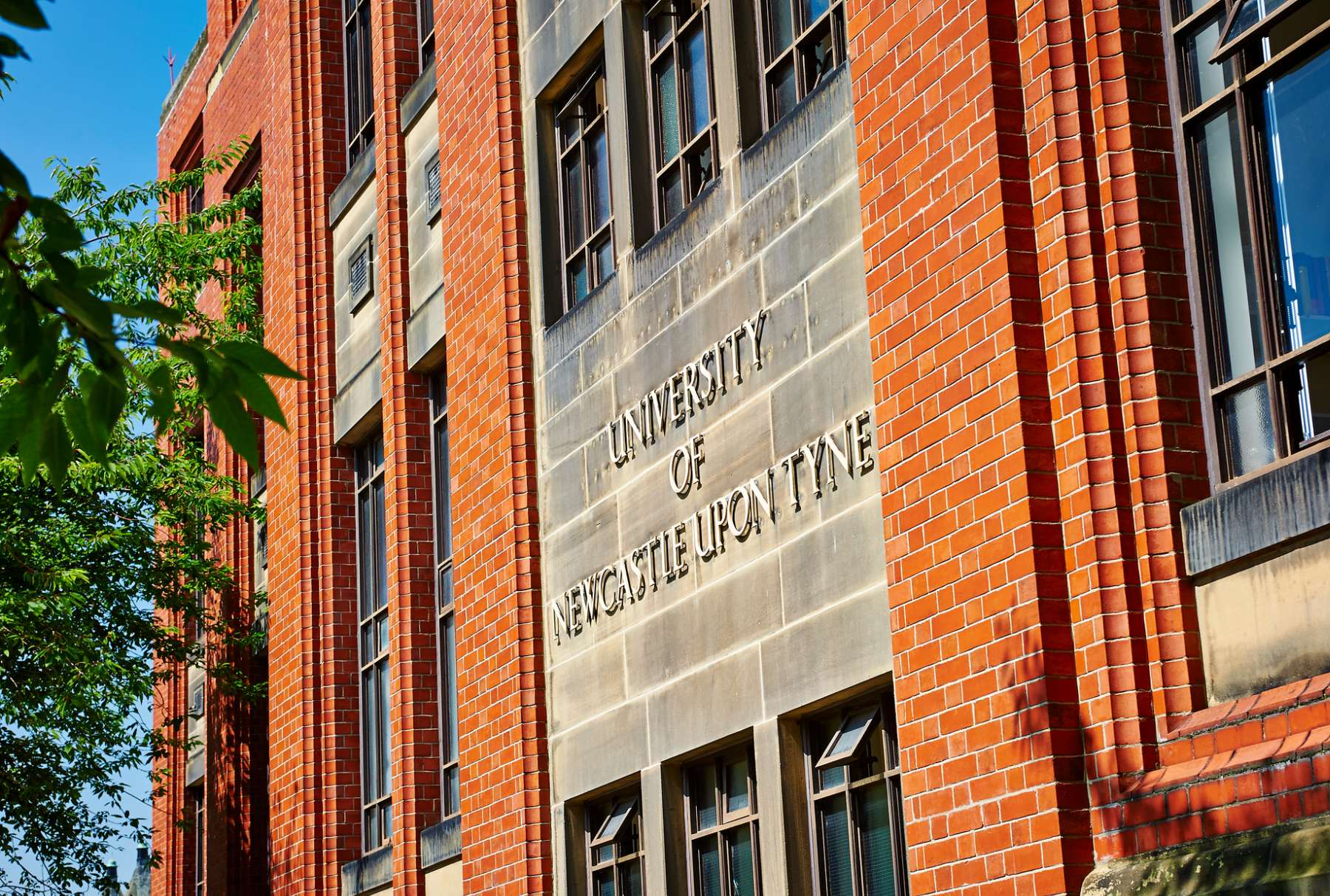Evaluation of Open Futures 2011-2013
This evaluation of the latest phase of the Open Futures programme was intended to be a stand-alone evaluation of the impact of Open Futures within project schools.
Background
This evaluation built on and was guided by our previous formative evaluations of Open Futures through its development from 2006 to 2010.
Longer terms trajectories of change, and, importantly, issues of sustainability, were investigated through contact with two schools that joined Open Futures in an earlier wave.
Aims and objective
Our main aim has been to consider change. We have grounded our discussions with school heads and Open Futures coordinators by thinking through a theory of change for their school.
This worked by identifying school aims, but also the route along which the school expected to travel to their desired outcomes, so that we could look for evidence that they were indeed making progress. Collaborative research with school colleagues has worked to assemble and understand this evidence, supported by conversations with key staff and visually mediated interviews with children.
Summary of findings
The impact of Open Futures should be understood in the context of contemporary school teaching and management.
There are many and varied projects and initiatives emanating from the Department for Education, Local Authorities, charities and organisations; all are competing for attention within a tightly packed curriculum, alongside requirements for explicit tracking of pupil progress against national norms, and an inspection regime that is experienced as stressful and adversarial.
Other projects and enthusiasms come and go, but Open Futures tends to be sustained: changes are evident in schools years after initial training, with the effects on the curriculum underpinned by changes to school planning, budgeting and physical space.
We conclude that this success depends on four key aspects of the programme:
- Tangible changes embed the programme: changes made to school organisation, space and curriculum are interlinked, becoming increasingly coherent and mutually dependent.
- The diversity of the elements of Open Futures enables the programme to appeal immediately to different staff for different reasons and get established in a number of ways. This translates into a wide variety of impacts and effects for individual children, demonstrating different ways to be a successful learner, boosting confidence and, eventually, performance.
- Open Futures has a developing complexity: strand activities are immediately appealing to staff and children, but the integration of the four strands with each other and with the wider school curriculum enables them to be much more powerful.
- Open Futures offers a particularly productive balance of structure and flexibility. There is plenty of support, together with clear requirements and obligations in terms of getting staff to training and implementing the strands. Yet, there is plenty of opportunity for staff and schools to ‘make it their own’.
View the Open Futures summary report.
View the Open Futures full report.
Contact
For further information contact:
Pam Woolner, Principal Investigator.
Email: pamela.woolner@ncl.ac.uk
Telephone: 0191 208 5470
